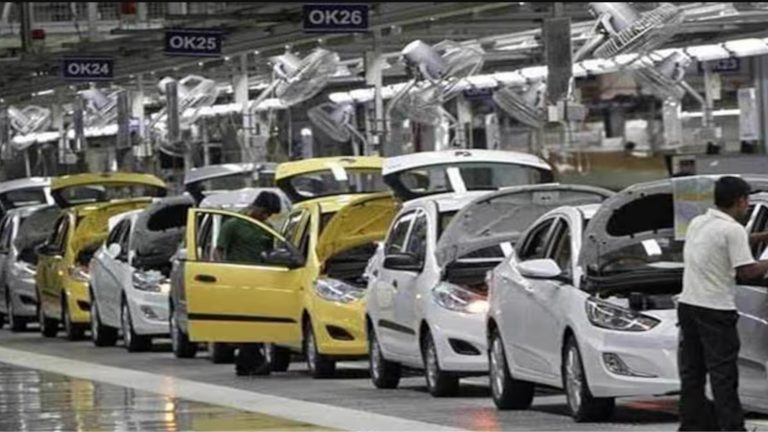According to latest TeamLease report released, the Indian automobile sector is likely to see a 70-80 per cent rise in the Degree apprentices due to extension of the production-linked incentive (PLI) scheme. The expected rise in apprentice recruitment can also be attributed to the auto sector’s robust performance, which is influenced by macroeconomic factors and positive industry sentiments across all its segments.
The higher demand, according to TeamLease, is being recorded in several states and metro cities. “This encouraging trend is evident in various regions, including the states of Gujarat, Uttarakhand, Madhya Pradesh, and metropolitan cities like Pune, Chennai, and Bengaluru.”
It added that the PLI scheme has attracted 75 new entrants, including Maruti Suzuki, Hero MotoCorp, Bosch and Toyota Kirloskar Auto Parts.
Also read: How Coaching can develop leaders
Sumit Kumar, chief business officer of TeamLease Degree Apprenticeship, said, “The extension of the PLI scheme, with its Rs 25,938 crore investment, is a testament to the sector’s immense growth potential. The government’s expectation of creating 148,000 fresh jobs is proof of the scheme’s potential impact. Currently, approximately 21,123 workers have already been employed, showcasing the industry’s rapid growth. However, this accelerated pace has also shed light on the skills gap within the sector.”
The report said that in this, degree apprenticeship programs are emerging as a solution to narrow the skill gap.
“In response to these challenges, degree-linked apprenticeships in the automotive sector are emerging as a solution, offering access to sought-after roles such as automotive service technicians, assembly line operators, and shopfloor engineers. These programs also provide competitive stipends ranging from Rs 12,500 to Rs 13,300 per month,” the report added.
“Through the degree apprenticeship program, young talents will be empowered with specialised knowledge in cutting-edge areas such as electric powertrain technology, battery technology, and electric vehicle charging infrastructure. This hands-on experience equips them to excel in roles that are not only pivotal for the future of automotive manufacturing but also address the current industry demand.,” Kumar added.
Stay connected with us on social media platform for instant update click here to join our LinkedIn, Twitter & Facebook



































